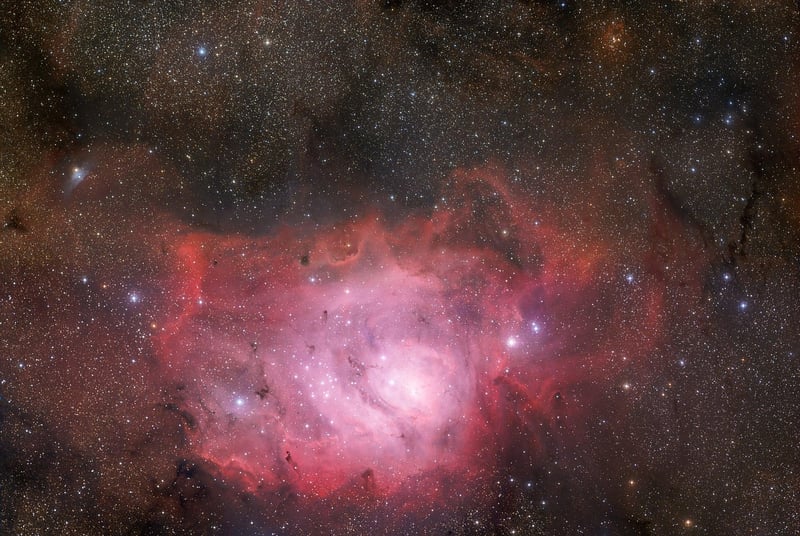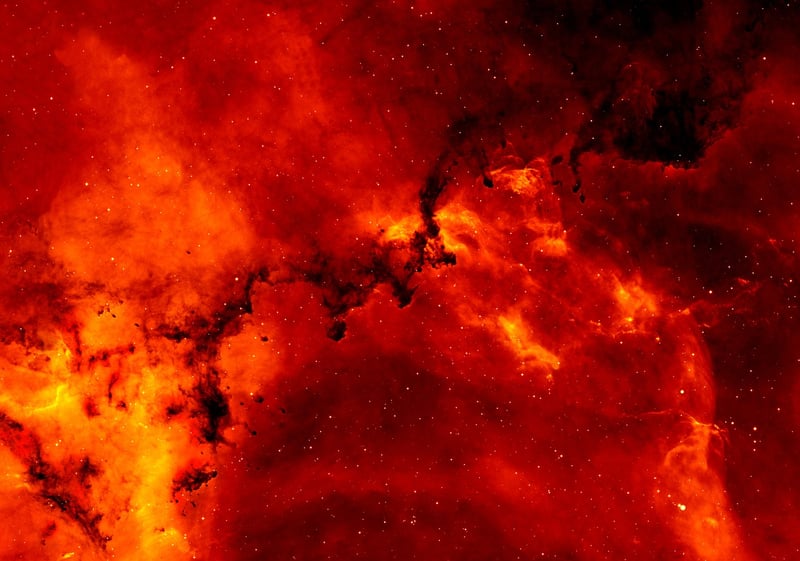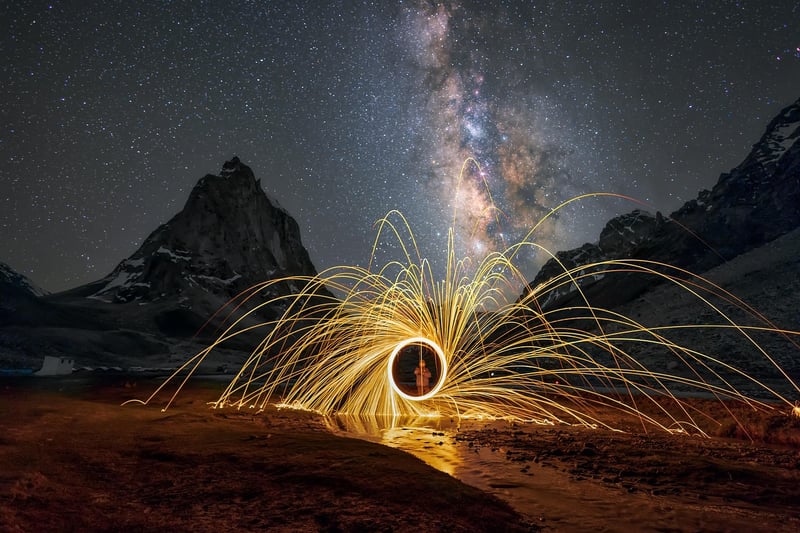Nebula Exploration
Unveiling Cosmic Wonders
The Beauty of Nebulae
When we gaze up at the night sky, we are often captivated by the twinkling stars. However, there are celestial wonders beyond just stars that add to the breathtaking beauty of the universe. Nebulae, vast clouds of dust and gases, are among the most stunning and intriguing sights in outer space.
Types of Nebulae
There are three primary types of nebulae:
- 1. Emission Nebulae: These nebulae emit light of various colors due to the presence of ionized gases, such as hydrogen and helium.
- 2. Reflection Nebulae: These nebulae do not emit light on their own but instead reflect light from nearby stars, giving them a bluish appearance.
- 3. Dark Nebulae: These nebulae are dense clouds of dust and gas that block the light from stars behind them, creating dark patches in the sky.
Exploring Nebulae
Thanks to advancements in technology, astronomers can now study nebulae in great detail using telescopes and space probes. One of the most famous nebulae is the Orion Nebula, located in the constellation of Orion. It is a stellar nursery where new stars are born within its glowing gas clouds.
If you wish to witness the beauty of nebulae yourself, consider visiting a planetarium or observatory with powerful telescopes. These institutions often host special events and stargazing sessions that allow visitors to observe nebulae and other celestial objects up close.
Image Gallery


Exploring nebulae is a fascinating journey into the depths of the cosmos, revealing the awe-inspiring beauty and complexity of our universe.
